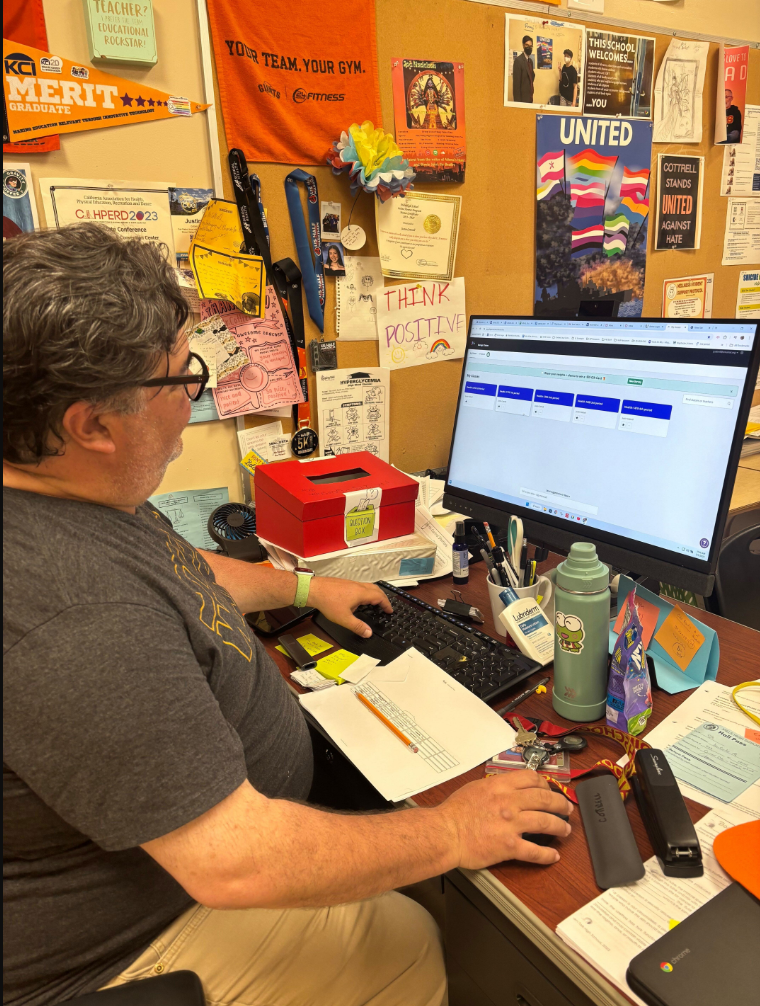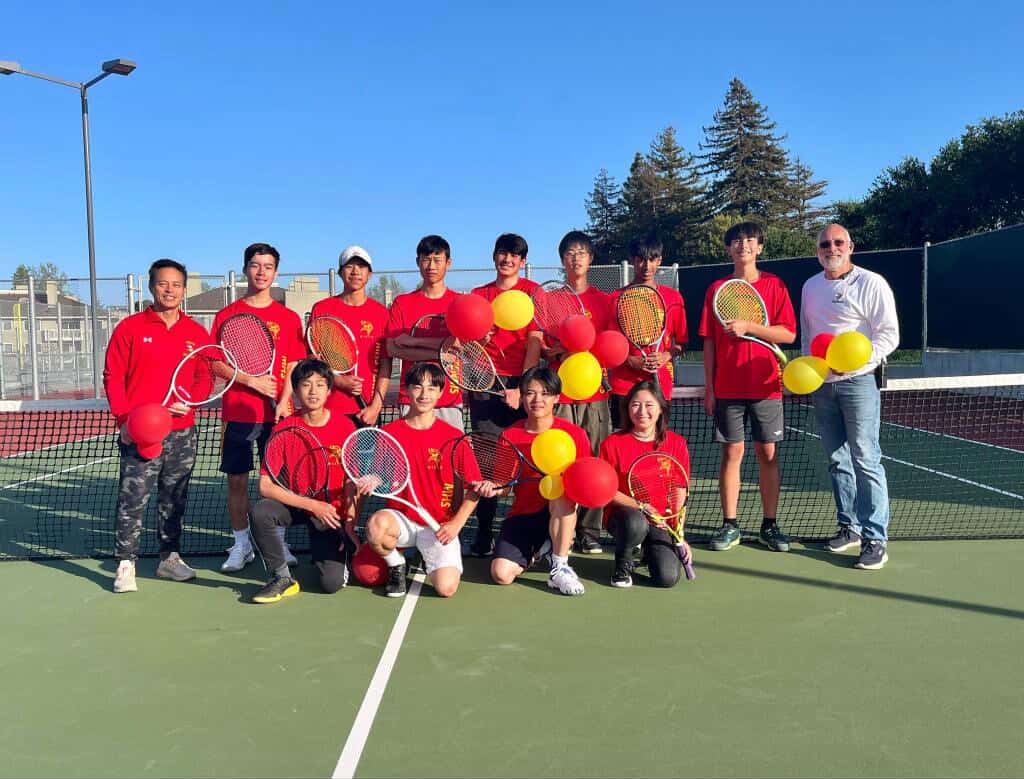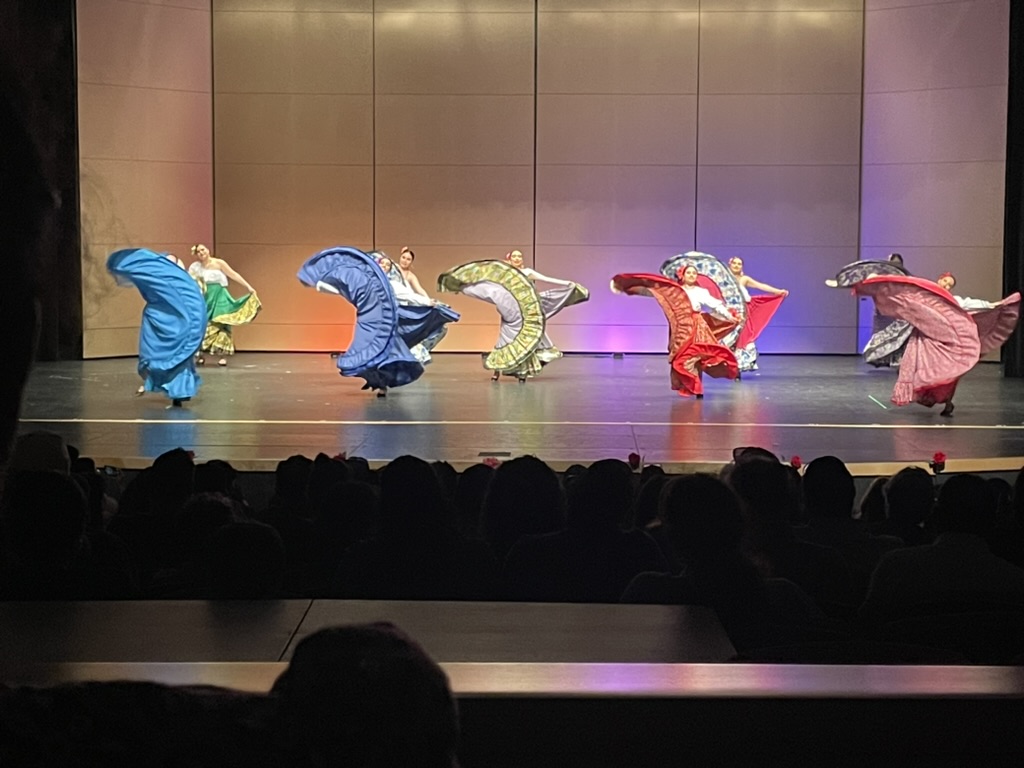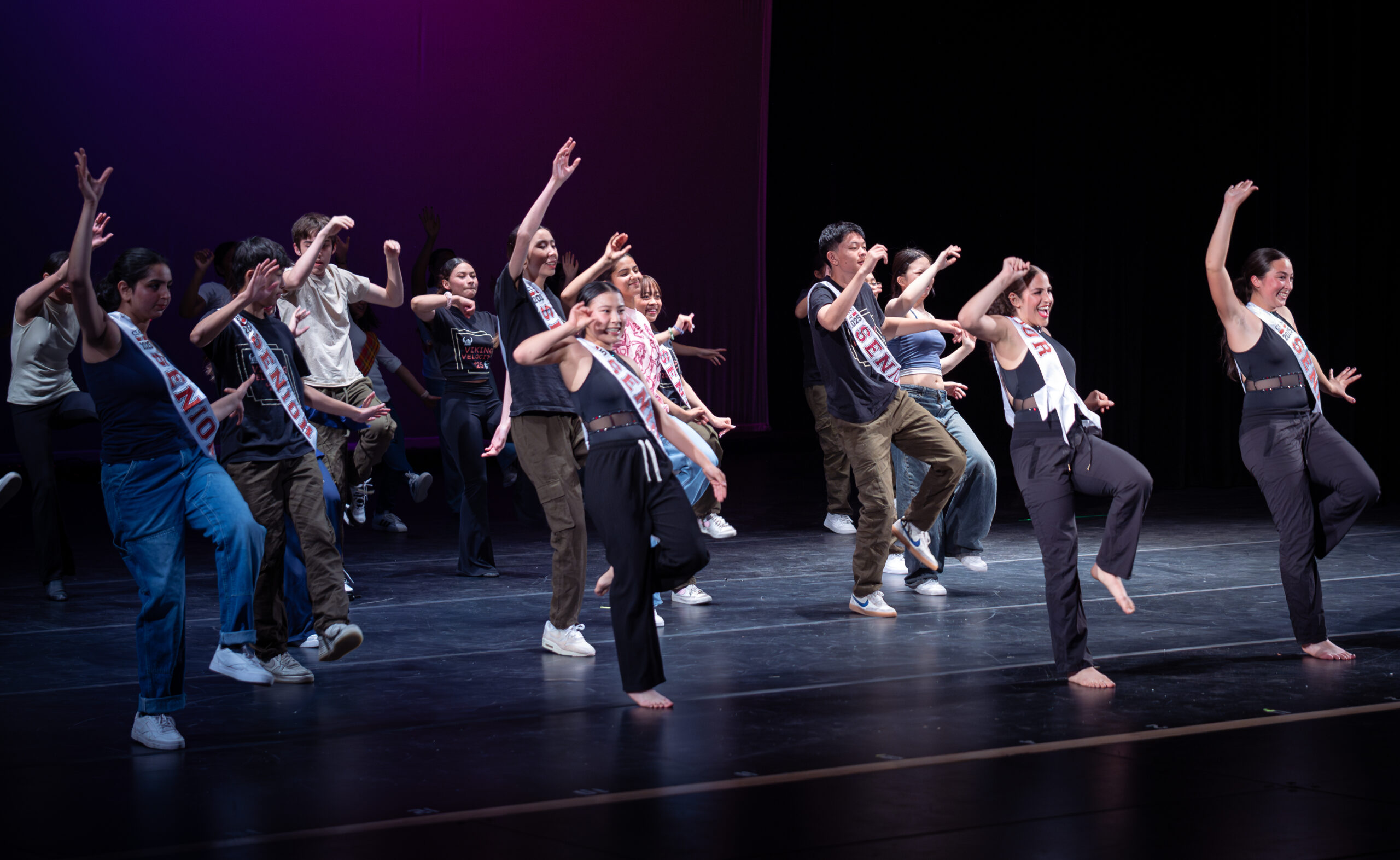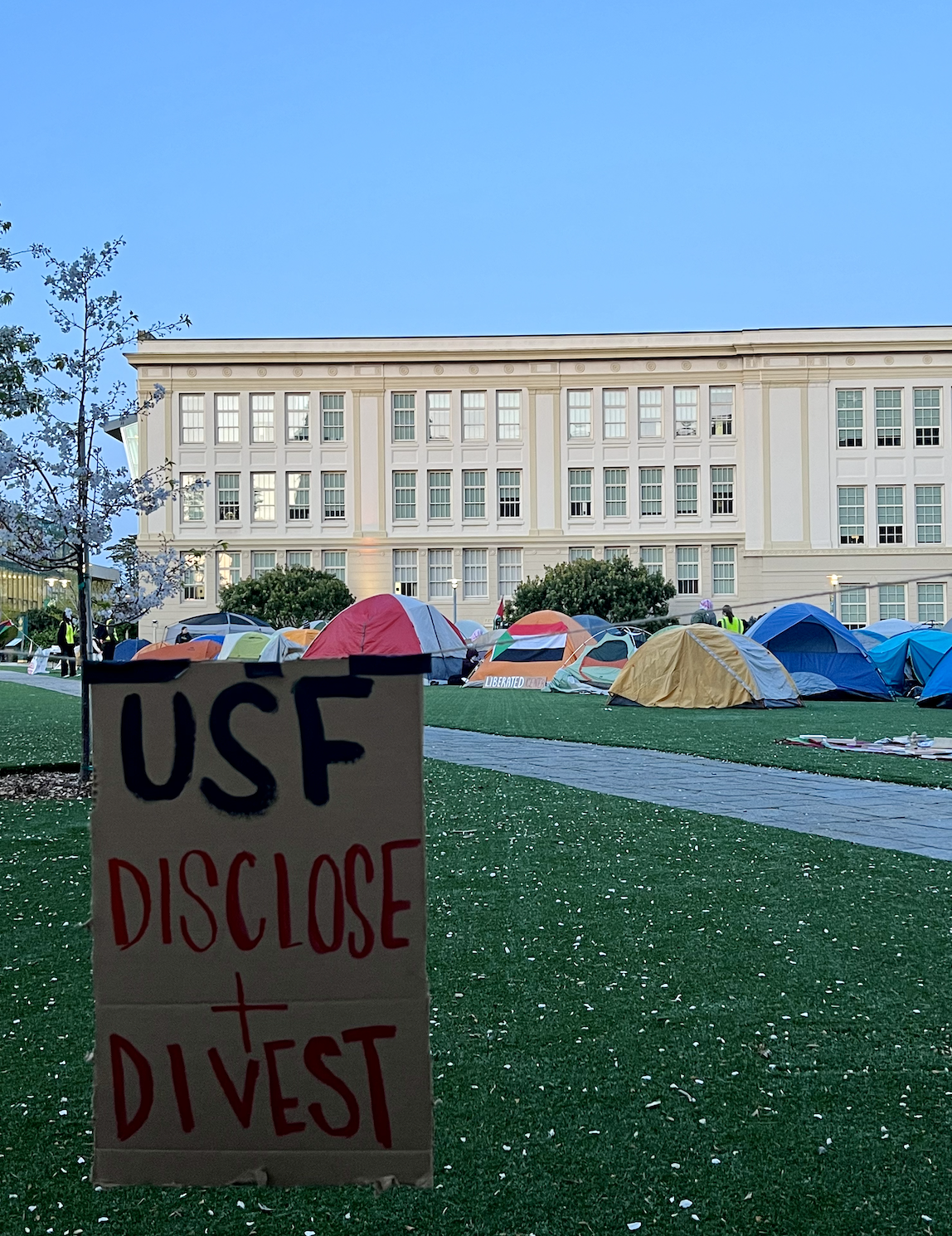
By: Noor Abdullah; Opinions Editor
Learning about the power of advocacy is an integral part of education, from elementary school to college. Promoting change and justice through activism is a vital lesson in American schools. In Social Studies classes, students are taught to be proud of our country built upon a liberation movement, and advanced through further movements for change. We commemorate those who took risks, standing for what they knew to be right despite the pressure to abide by the way of things at the time. Overall, an emphasis is placed on speaking up against anything you know is wrong, whether it’s playground bullying or a greater injustice. The curriculum students learn is reflected in their actions.
As we have all seen, when matters affecting students arise, students act. Children in elementary, middle, and high school participate through rallies, walk-outs, and lie-ins.
Notably, on March 14, 2018, students across the nation walked-out commemorating the Marjory Stoneman Douglas High School shooting victims and calling for an end to gun violence at schools. Just last year, hundreds of Mills students walked-out in another protest against gun violence. And earlier this year, a rally was hosted at Mills by the Middle Eastern North African South Asian Alliance, calling for more representation and support for students from the regions.
College students protest with similar methods. Due to popular past movements in which students’ efforts created change, advocacy has become an expected part of the college experience. The most recent movement to spread across college campuses has been calls for an end to America’s involvement in the violence inflicted upon Gazans and in support of a liberated Palestine. But are student-led efforts truly effective? Short answer, yes. Long answer, of course!
The power of student protest is undeniable. Ms.Donohoe, a Social Studies teacher at Mills, reflected on past social justice movements advanced through student protest. She highlighted the efforts that helped end apartheid in South Africa, “Students at UC Berkeley, in the early 1980s, engaged in a protest where they were seeking for the [University of California] system to divest, basically pull all of their investments out of businesses in South Africa. This was a very effective strategy because in 1986, the UC regents voted to pull $3 billion from business with South Africa’s government.”
Ms.Donohoe further explained the direct ties between college students in the U.S. and issues abroad. “It was really about the way that via tuition, student dollars were being spent. Students did not want to see their money spent on a racist, oppressive system.”
After personally observing the student encampments at the University of San Francisco (USF), Stanford University, and San Francisco State University (SFSU), the similarities between their motivations and goals to those of the anti-apartheid student protesters of the 1980’s were very clear.
At the encampments, which were created to apply round-the-clock pressure on university board members, students chant and display signs with the words “disclose and divest”. They demand their institutions disclose all Israeli affiliated endowments and investments, and end all monetary relations with Israel. At USF, advocates cite Israel’s decades of violence upon and persecution towards Palestinians as contrary to USF’s stated mission of “social justice”.
USF students have taken their education into their own hands, naming their encampment the “People’s University for Palestine ” in which classes and lectures are regularly held on subjects including Black and Palestinian solidarity, anti-imperialism, and protestor’s rights. A student organizer stated, “We have flourished in this People’s University that created a space in which countless teach-ins have been held, art builds, and political groundings. Everyday we educate and become educated, grow and become stronger together.”
Education and advocacy go hand in hand. Any push against student protests is an attempt to prevent something entirely natural as students simply practice what they were taught. And in the case of today’s encampments, students aren’t discouraged by university administrator’s promises of academic consequences and even arrest. In response, they chant, “Disclose, divest. We will not stop, we will not rest.”

